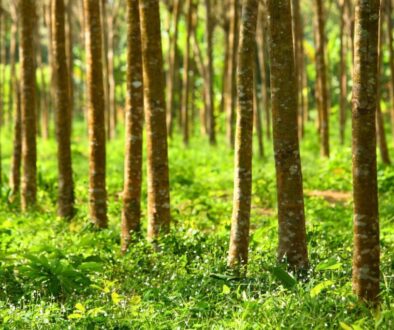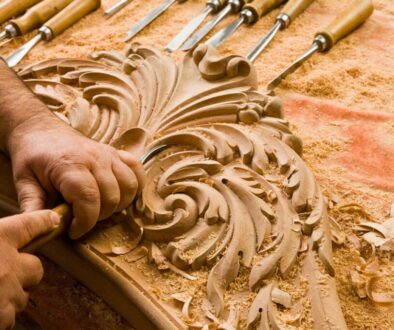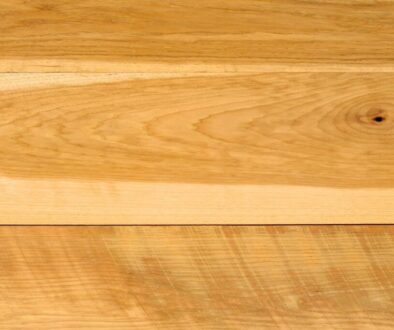The Best Water-Resistant Wood Types & Species
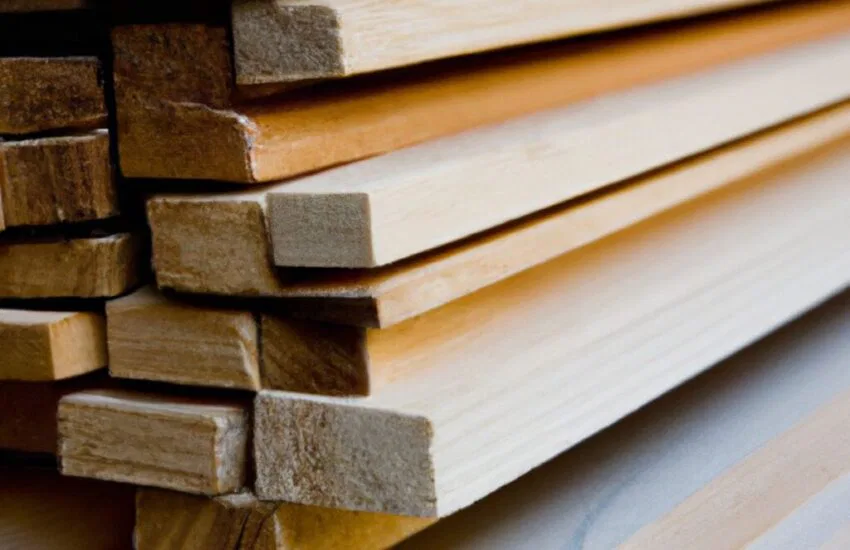
Published August 21, 2024
Selecting the right type of wood for outdoor furniture, decking, or marine projects is very important. Water-resistant wood provides durability and helps maintain the beauty and integrity of your structures.
Let’s dive into some of the best water-resistant wood types and species, highlighting their characteristics, benefits, and common uses.
Water-Resistant Wood Types & Species
Teak
Teak is often regarded as a premier choice for water-resistant woods. This tropical hardwood is known for its remarkable durability and resistance to water, making it an ideal option for outdoor furniture and decking. Teak’s natural oils repel water, preventing it from warping, cracking, or becoming brittle over time.
Additionally, teak is resistant to pests and decay, which adds to its longevity. Whether you’re crafting a stunning patio set or building a resilient deck, teak is a solid option.
Cedar
Cedar is another popular option for outdoor projects, especially in regions with high humidity or frequent rain. Its natural aromatic oils not only provide a pleasant scent but also offer significant resistance to moisture and insect damage. Cedar is lightweight yet strong, and it doesn’t shrink or warp easily, making it suitable for siding, fencing, and outdoor furniture.
Moreover, cedar’s attractive grain and coloration add a touch of charm to any outdoor space.
Redwood
Redwood is prized for its beautiful reddish hues and impressive water-resistant properties. The natural tannins in redwood make it resistant to decay and insect infestation, ensuring that it lasts for years even in harsh weather conditions.
Redwood is commonly used for decking, garden furniture, and outdoor structures. Its stability and resistance to warping make it a reliable and aesthetically pleasing choice for various outdoor applications.
Ipe
Ipe, often referred to as Brazilian Walnut, is one of the hardest and densest woods available. Its exceptional density makes it incredibly resistant to water infiltration, rot, and insect damage. Ipe’s rich, dark brown color with beautiful grain patterns adds a touch of sophistication to any project.
This durable wood species is commonly used for high-end decking, boardwalks, and outdoor furniture. Ipe’s low maintenance requirements and extraordinary lifespan make it a favorite among architects and builders.
Mahogany
Mahogany is renowned for its rich, reddish-brown color and fine grain, but it’s also a fantastic water-resistant wood. It has a high density and contains natural oils that make it resistant to moisture, rot, and insects.
Mahogany is often used for boat building, outdoor furniture, and high-end decking. Its stability and resistance to swelling and shrinking help it maintain its shape and appearance over time.
Iroko
Often nicknamed ‘African teak,’ Iroko is an excellent alternative to teak, offering similar water-resistant properties at a fraction of the price.
This dense hardwood is resistant to swelling, shrinking, and warping, making it ideal for outdoor furniture, decking, and even boatbuilding. Iroko’s natural oils protect it from moisture and pests, ensuring long-lasting durability.
Oak
Both European and American White Oak are renowned for their density and water resistance. Oak is less likely to absorb water, reducing the risk of warping and cracking. Its timeless light tan to medium golden brown hues make it a popular choice for furniture, cladding, decking, and even boat frames.
Oak’s robust nature ensures it remains a reliable option for both indoor and outdoor use.
Western Red Cedar
Western Red Cedar is a lightweight yet durable wood known for its resistance to decay and insect infestation. Its natural oils prevent moisture absorption, making it a suitable choice for cladding, fencing, and outdoor furniture.
The wood’s warm reddish-brown tones add an inviting charm to any project, while its low shrinkage factor ensures stability over time.
Heat-Treated Woods
Heat-treated woods like Thermo-Ayous and Thermo-Tulipwood undergo a modification process that enhances their durability and water resistance. These woods are less prone to damage from moisture and offer a sustainable option for various applications.
Their exotic brown tones are popular for cladding and other decorative uses where both aesthetics and durability are important.
Douglas Fir
Douglas Fir is a resinous softwood that naturally resists moisture. Its yellowish-brown color and fine grain make it an attractive choice for a variety of projects. Douglas Fir is often used for decking, cladding, and structural applications due to its strength and water-resistant properties.
Cherry
Cherry wood is known for its beautiful reddish hues and exceptional moisture resistance. It is less likely to warp or shrink, making it ideal for humid environments and indoor uses such as furniture and cabinetry. Cherry’s rich color and fine grain add a touch of elegance to any interior project.
Maple
Maple’s creamy white and pinkish-brown hues make it a versatile choice for various indoor applications. Its dense nature prevents excessive moisture absorption, making it suitable for furniture, flooring, and cabinetry.
Maple is particularly favored for its unique figuring, such as tiger stripe and birdseye patterns, which add character to any project.
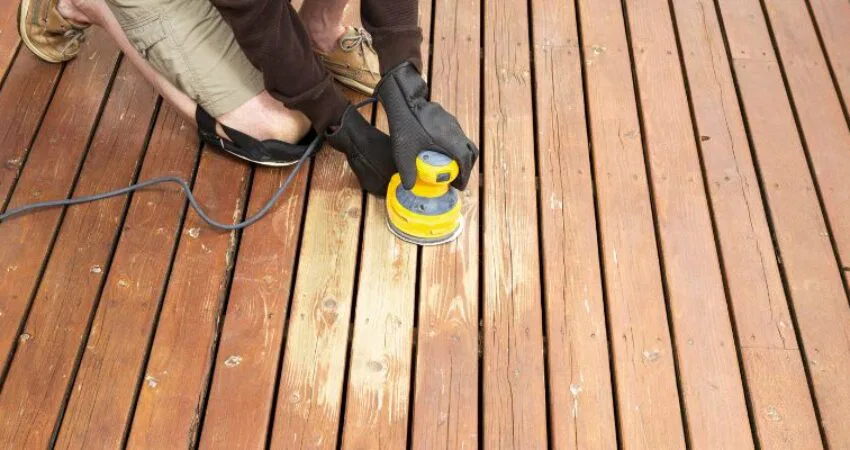
Tips for Selecting the Right Water-Resistant Wood
When choosing the best wood for your outdoor or marine projects, consider the following tips:
Assess Your Climate
Select a wood species that can withstand the typical weather conditions in your area. For instance, cedar and redwood are great for humid climates, while teak and ipe are perfect for regions with heavy rainfall.
Think About Maintenance
Some woods, like ipe and teak, require minimal maintenance, while others may need periodic sealing or staining to maintain their appearance and water resistance.
Evaluate Aesthetics
Different wood species offer unique colors and grain patterns. Choose a wood that complements the overall design and aesthetic of your outdoor space.
Consider Budget
While high-end options like teak and ipe offer incredible durability, they may come with a higher price tag. Balance your budget with the long-term benefits of the wood you choose.
By understanding the characteristics and benefits of various water-resistant wood types, you can make an informed decision that supports the longevity and beauty of your outdoor projects.
Hire The Timber Experts For Your Next Project
Vintage & Specialty Wood should be your source of the highest quality timbers from around the world. When it comes to fabricating and installing reclaimed wood or specialty wood products in your home, we don’t cut corners. We offer many reclaimed wood and specialty wood products such as Douglas Fir, white oak, and much more. We also offer timber framing and wood flooring services as well. Contact our team today to speak to a timber expert about what Vintage & Specialty Wood can do for you.

This Blog Is Fact Checked
This content has undergone meticulous fact-checking by our team of internal experts. Gain a deeper understanding of the high editorial standards we uphold on our website here.

About The Author
Experience, exploration, and knowledge are the hallmarks of writer Rei Bayucca. Her dedication to crafting articles that both inspire and educate will leave you thinking long after you’ve finished reading.

